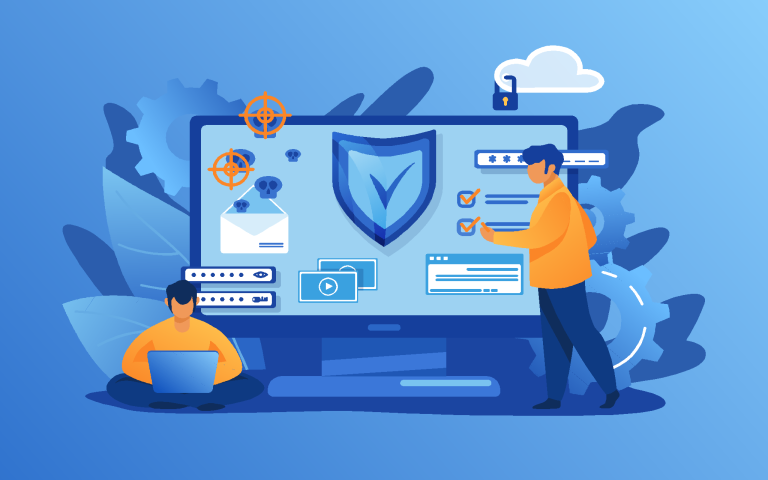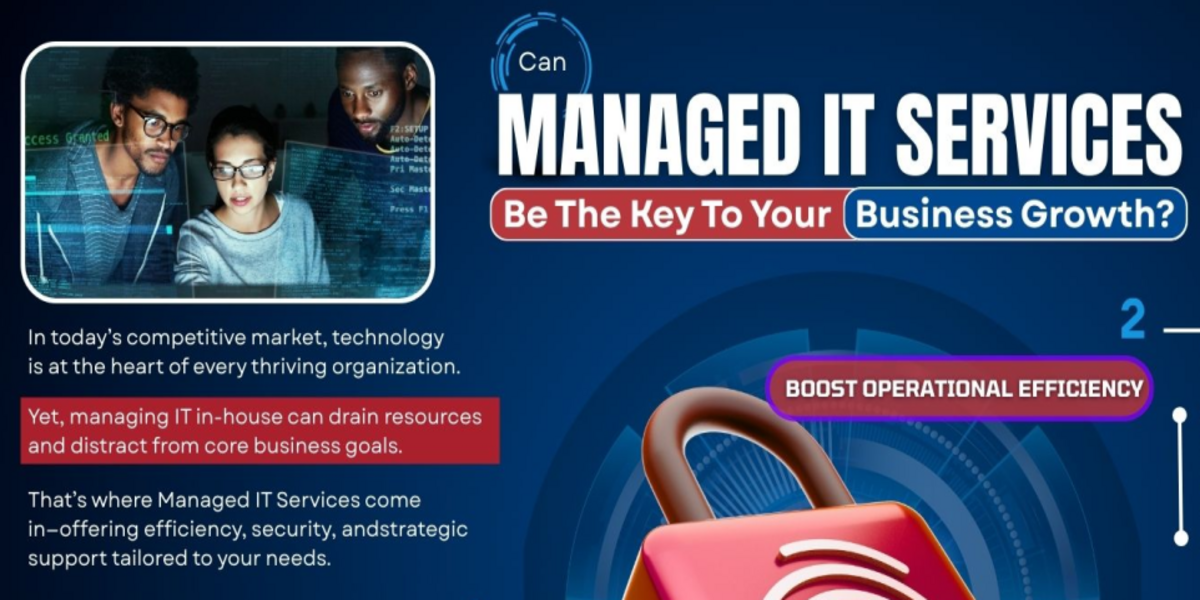In 2023, 70,000 cyber security incidents were reported in Canada, marking a 25% change compared to 2022. With increasing cyber threats, it’s important to implement robust cyber security best practices for businesses to safeguard their sensitive information and maintain their reputation.
This guide will explore essential cyber security measures every business should adopt, emphasizing the importance of continuous security assessments and the role of cyber security service providers, like Microsys, in delivering comprehensive protection.
4 Cyber Security Best Practices for Businesses You Shouldn’t Ignore
1. Manage Strong Passwords
One of the simplest cyber security best practices for businesses is strong password management to enhance their security. Weak passwords are a common vulnerability that cybercriminals exploit.
Here are some best practices for password management:
- Use Complex Passwords
Encourage employees to create complex passwords that include a mix of upper and lower case letters, numbers, and special characters. Passwords should be at least 12 characters long and avoid easily guessable information like birthdays or common words.
- Implement Multi-Factor Authentication (MFA)
Multi-factor authentication adds an extra layer of security by requiring users to provide two or more verification factors to access their accounts.
This could be a combination of something they know (password), something they have (a security token or smartphone), and something they are (fingerprint or facial recognition).
Recommended Read: Beginner’s Guide to Multifactor Authentication
- Regular Password Updates
Encourage employees to change their passwords regularly, at least every three months. Implementing policies that require periodic password changes can help minimize the risk of unauthorized access.
2. Prioritize Employee Training

Human error is often a significant factor in security breaches. Regularly training employees on cyber security best practices for businesses can significantly reduce this risk.
- Phishing Awareness
Unfortunately, only 34% of small and medium-sized business employees in Canada report that they received mandatory cyber security training at their workplaces. This is one of the reasons why cyber attacks are still increasing.
Teach employees how to recognize phishing attempts. Phishing emails often appear legitimate but contain malicious links or attachments. Employees should be cautious of unexpected emails, especially those requesting sensitive information.
- Safe Internet Usage
Educate employees about safe internet usage, including the importance of using secure connections (HTTPS) and being cautious about downloading software or clicking on links from unknown sources.
- Reporting Suspicious Activity
Create a clear process for reporting suspicious activity. Encourage employees to report any unusual behavior, such as unexpected software installations or unusual account activity, immediately.
3. Focus on Data Encryption
Encrypting sensitive data is essential to protect it from unauthorized access. Encryption converts data into a code that can only be accessed with a decryption key, making it difficult for cybercriminals to exploit.
- Encrypt Data at Rest and in Transit
Ensure that sensitive data is encrypted both at rest (when stored on devices or servers) and in transit (when being transmitted over networks). This provides comprehensive protection for your data.
- Use Strong Encryption Protocols
Utilize strong encryption protocols, such as AES-256, to ensure that your encrypted data is highly secure. Stay updated on the latest encryption standards and implement them as necessary.
4. Regularly Manage System Vulnerability
Regularly assessing and managing system vulnerabilities is crucial to maintaining robust cyber security. This involves identifying, evaluating, and addressing security weaknesses in your IT infrastructure.
- Regular Security Assessments
Conduct regular security assessments to identify vulnerabilities in your systems. This can include penetration testing, vulnerability scans, and security audits. Regular assessments help ensure that your security measures are effective and up-to-date.
- Patch Management
Keep your software and systems up-to-date with the latest security patches. Cybercriminals often exploit known vulnerabilities in outdated software. Implementing a robust patch management process ensures that you promptly apply updates to all systems.
- Endpoint Security
Implement endpoint security measures to protect devices such as computers, smartphones, and tablets that connect to your network. This includes using antivirus software, firewalls, and intrusion detection systems.
Recommended Read: What to Look for When Choosing an Antivirus Software
The Importance of Ongoing Security Assessments

Cybersecurity is not a one-time effort but an ongoing process. Regular security assessments are essential to identify new threats and vulnerabilities and to ensure that your security measures remain effective.
Continuous Monitoring
Implement continuous monitoring of your network and systems to detect suspicious activity in real time. This allows for a rapid response to potential security incidents, minimizing the impact of breaches.
Security Awareness
Stay informed about the latest cyber security threats and trends. Regularly update your security policies and practices based on the evolving threat landscape. Encourage a culture of security awareness within your organization.
Getting Comprehensive Cyber Security Services at Microsys
Partnering with a cyber security services provider, like Microsys, can enhance your cyber security posture. Microsys offers comprehensive cyber security services that include security assessments, vulnerability management, data encryption, and endpoint security.
Our team of cyber security experts can help you identify and address potential security risks, ensuring that your business is well-protected.
Proactive Threat Detection
As your cyber security service providers, we utilize advanced tools and techniques to proactively detect and respond to threats. This includes continuous monitoring, threat intelligence, and incident response services.
Customized Security Solutions
Every business is unique, and so are its security needs. As your cyber security service provider, we can develop customized security solutions that align with your specific business requirements and risk profile.
Cost-Effective
Outsourcing your cyber security to a trusted services provider can be more cost-effective than maintaining an in-house security team. It allows you to leverage the expertise and resources of experienced professionals without the overhead costs.

Investing in robust cyber security best practices for businesses is not just a necessity but a crucial step towards safeguarding your business’s future. Implement these best practices and consider the value of cyber security service providers in Markham, Ontario, Ottawa, and surrounding areas to build a resilient cyber security fortress.
Schedule a consultation with us today, and let’s explore how we can collaborate to safeguard your company against the rising cyber threats in 2024!



